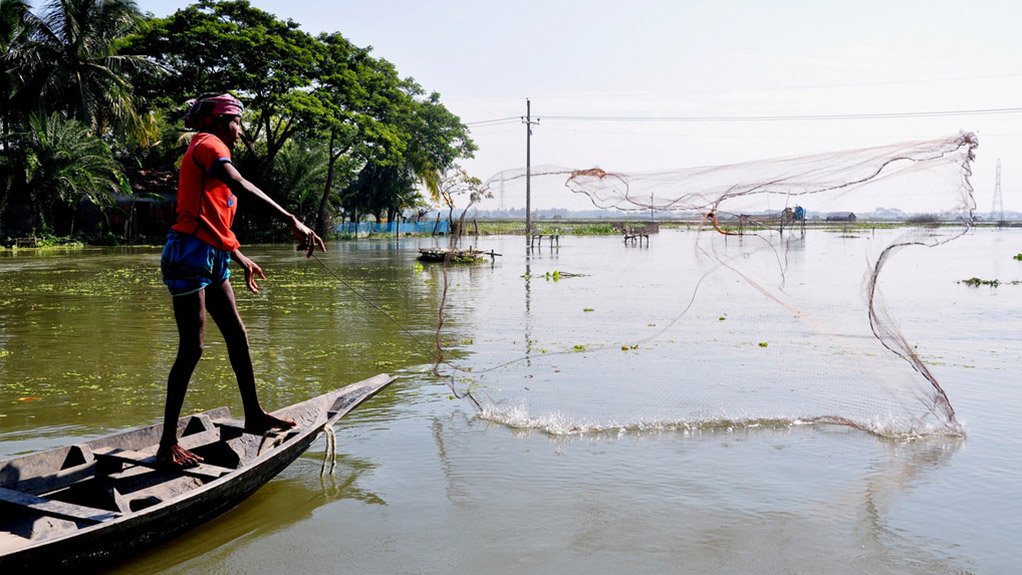/ MEDIA STATEMENT / The content on this page is not written by Polity.org.za, but is supplied by third parties. This content does not constitute news reporting by Polity.org.za.
There’s a resource grab happening in fishing. Minister Barbara Creecy has embarked on a program of taking fishing resources from successful individual small-scale fishers and putting them in the hands of the ANC created cooperatives, which have a 100% failure rate.
Not a single fishing co-operative has ever successfully operated, created jobs, paid taxes or harvested their own fish. The net result will be the destruction of businesses and workers that are creating value in Western & Eastern Cape communities, in exchange for giving less money to fewer people.
Thirty days ago, the Department published two notices. They invited public comment on two proposals. One was to give 50% of the fishing allocation in traditional linefish and abalone to small scale fishing co-operatives and 25% of the effort in the squid fishing sector.
The other was to put three fisheries, those for white mussel, oyster and hake handline, entirely as resources available to small scale fishers only. In terms of current policy all small-scale fishers have been forcibly collectivised into compulsory cooperatives. This gives rise to a host of problems, among them:
- An important part of South Africa’s fishing resource would be collectivised, effectively producing less wealth and fewer jobs for South Africa’s people.
- The process is back-to-front. Some rights have already been given to small scale fisheries, and then put on hold after industry protests;
- The jobs of some 3,000 fishers and processors in the small to medium commercial squid sector alone, will be put at risk;
- This would expand the small-scale sector beyond limits set out in policies, legislation and regulations drawn up by the Minister’s own ANC government;
- Part of the definition of small-scale fishing is by the fishing methods used. This would contravene those definitions.
By way of example, it is abundantly clear that the small-scale fishing policy cannot apply to squid. Similarly, the Marine Living Resources Act, which governs fishing, provides a description of small scale fishers which not apply to squid fishing. Squid have never been grouped with species associated with small scale fishing.
The highest price obtainable for South African squid catches is by selling it abroad. This requires the squid to be blast frozen directly after it is caught. Only mechanised vessels can have blast freezers. By definition, small-scale fishers do not use sophisticated, mechanised vessels.
If carried through, the result of this allocation policy will be that small scale fishers who are allocated squid quotas will not be able to catch them and will simply sell them on to people who do not hold allocations, but who own boats, and take a cut. They will fit the classic definition of paper quota holders, a category which the Department has declared itself to be against.
If she follows through with these proposals, Creecy will put at risk the livelihoods of small commercial family run fishing concerns and their employees. She is robbing Peter to pay Paul a pittance.
This is the latest manifestation of the ANC’s Stalinist policy to collectivise fishing rights by forcing all small-scale fishers into cooperatives. Collectivisation of food production has been shown by history not to work.
Collectives inevitably end up being controlled by a few, while the wider fishing community whose interests they purport to serve, go without. By their nature too, cooperatives fall victim to the “tragedy of the commons”, where rewards are expected irrespective of the effort put in. Inevitably very little effort is put in as there is no incentive to either work or to preserve a sustainable asset. The result is poverty and a destroyed resource.
This is a classic case of the ANC applying its collectivist ideology. In this case it offends not only economic history and good sense, but also against the laws the ANC itself has written. Even the much vaunted National Development Plan cautions that mechanised fishing produces more jobs, better jobs and more value for the community.
Minister Creecy should withdraw her notices and refrain from threatening the futures of individual small-scale fishers and the livelihood of thousands in pursuit of ANC ideological objectives.
Issued by DA
EMAIL THIS ARTICLE SAVE THIS ARTICLE ARTICLE ENQUIRY
To subscribe email subscriptions@creamermedia.co.za or click here
To advertise email advertising@creamermedia.co.za or click here











